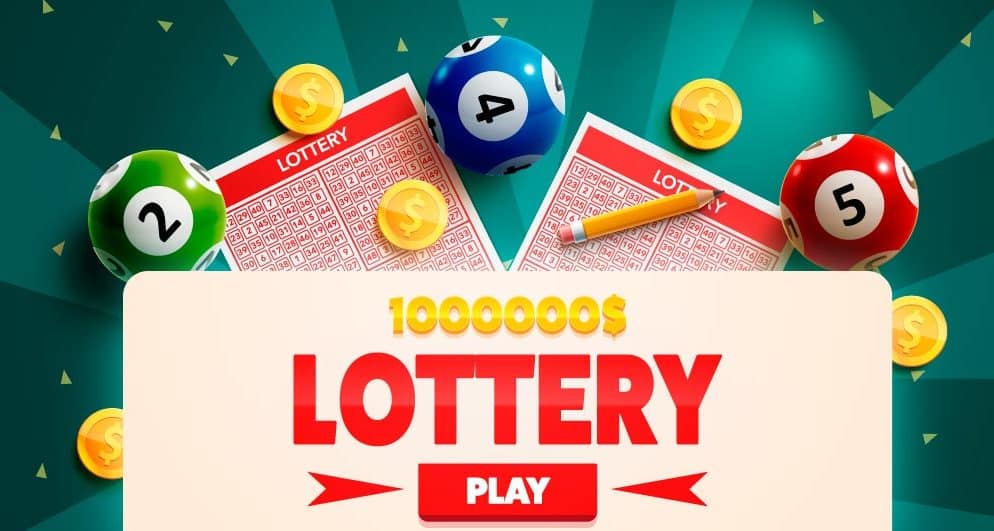Lottery, the enigmatic game of chance, has woven itself into the fabric of society across the globe. From the glittering lights of Las Vegas to the bustling streets of Tokyo, messipoker fever knows no bounds. Yet, beneath the allure of instant wealth lies a complex tapestry of psychology, probability, and human fascination. In this article, we embark on a journey to unravel the mysteries surrounding the lottery, exploring its history, impact, and the intriguing psychology that keeps millions dreaming of hitting the jackpot.
The Origins: The origins of the lottery can be traced back thousands of years, with early records dating to ancient China, Egypt, and Rome. In its infancy, the lottery served not only as a form of entertainment but also as a means of funding public projects such as roads, bridges, and temples. Over time, its allure grew, evolving into the multimillion-dollar industry we know today.
The Psychology of Hope: At the heart of the lottery phenomenon lies the psychology of hope. For many, purchasing a ticket represents more than just a chance at wealth—it embodies the promise of a better life, free from financial constraints. Psychologists attribute this phenomenon to the concept of “optimism bias,” wherein individuals overestimate their likelihood of experiencing positive outcomes. In the realm of the lottery, this bias manifests as the belief that one’s ticket holds the key to untold riches, despite overwhelming odds to the contrary.
The Power of Dreams: Beyond the statistical probabilities, the lottery thrives on the power of dreams. Each ticket represents a symbolic entry into a world of endless possibilities, where even the most improbable scenarios become plausible. Whether it’s envisioning exotic vacations, luxurious mansions, or philanthropic endeavors, the act of purchasing a ticket allows individuals to momentarily escape the confines of reality and indulge in fantasies of wealth and abundance.
The Impact: While the allure of the lottery is undeniable, its impact extends far beyond the realm of individual dreams. For many communities, state-sponsored lotteries serve as a crucial source of revenue, funding essential programs in education, healthcare, and infrastructure. However, critics argue that the regressive nature of lottery participation disproportionately affects low-income individuals, perpetuating socioeconomic disparities.
Strategies and Superstitions: In the quest for the elusive jackpot, players employ an array of strategies and superstitions, ranging from selecting lucky numbers to analyzing historical data for patterns and trends. While these methods may offer a sense of control in an inherently random game, statisticians caution against their efficacy, emphasizing the fundamental principle of independent events.
